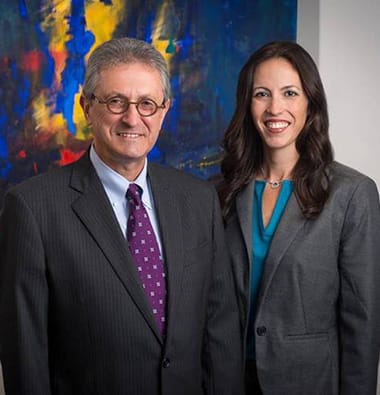Some social norms may continue to be seen in Ohio and other states if the recent findings of a new study are true. The paper in which the study’s findings are published examined many heterosexual couples and their economic viability. While many believe that men and women have equal rights, the two genders continue to have different pay grades. The researchers noted this and decided to create a whole study on the effects of this norm, which is often seen in marriages that turn into High Asset divorces.
According to the study, many men are still earning more than their wives, even during the ages between 22 and 34-a time when many couples are entering into their first marriages. The study found that many of these younger marriages have situations similar to the arguably outdated social norm that men earn more than women. Researchers reported that many of the women in these couples earn the same or slightly less. Fewer marriages in which the woman earned more than the man were seen during the research.
According to the study, this drop-off in marriages as relative income earned by the woman increases and surpasses that of the man may be forcing some women to work less or not at all. It seems that some women who have the ability to earn as much as-if not more than-their husbands are deciding to live below their potential in order to keep the marriage stable.
Interestingly, household responsibilities are not divided as may be expected when a woman out-earns her husband. The study found that most women who earn less than their husbands take up more of the domestic responsibilities-the same applies when the woman earns more than her husband. Some speculate this may be in order to soothe the man’s feelings of economic inadequacy.
Source: The Economist, “When women dare to outearn men,” Dec. 18, 2012



